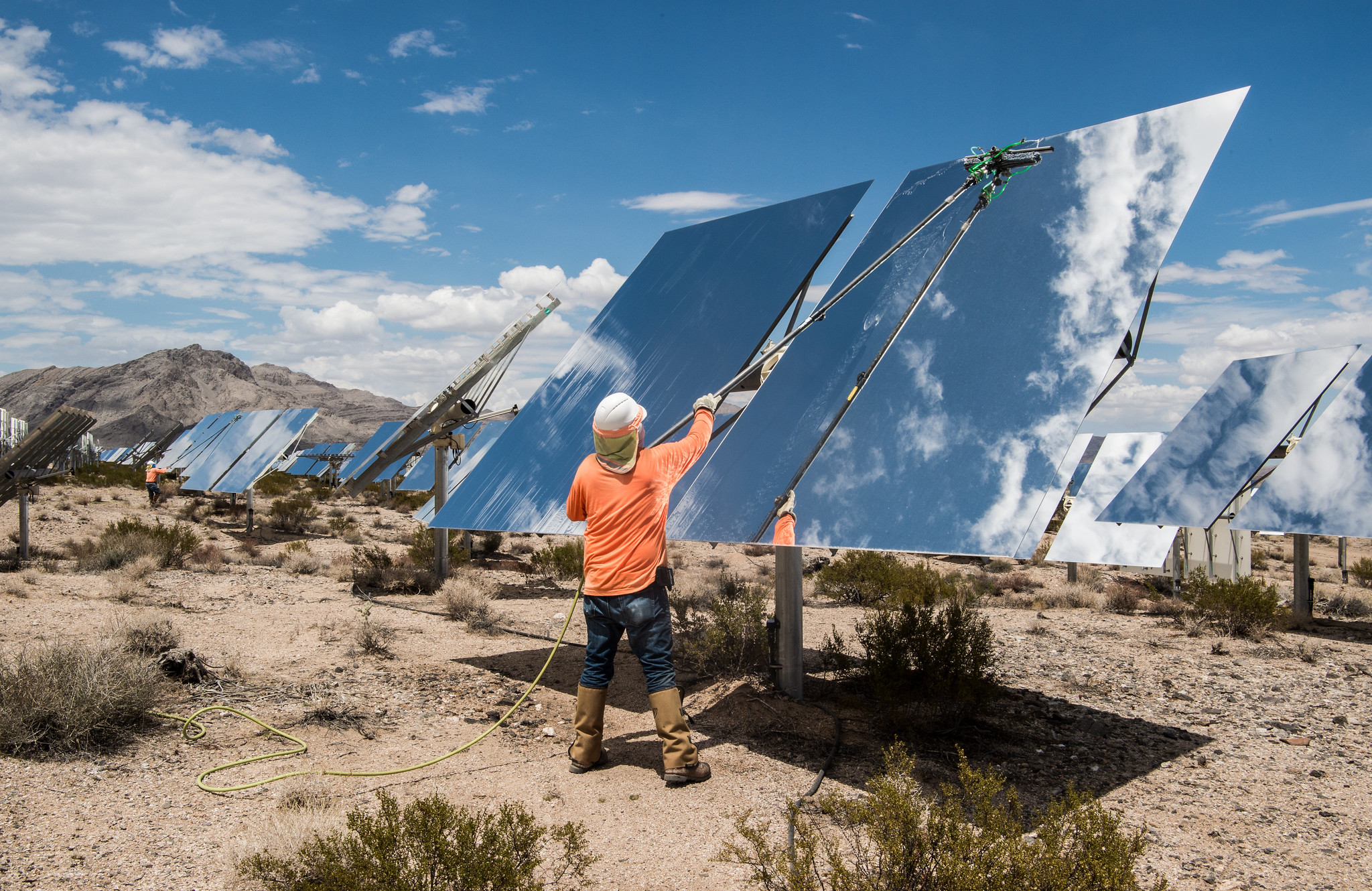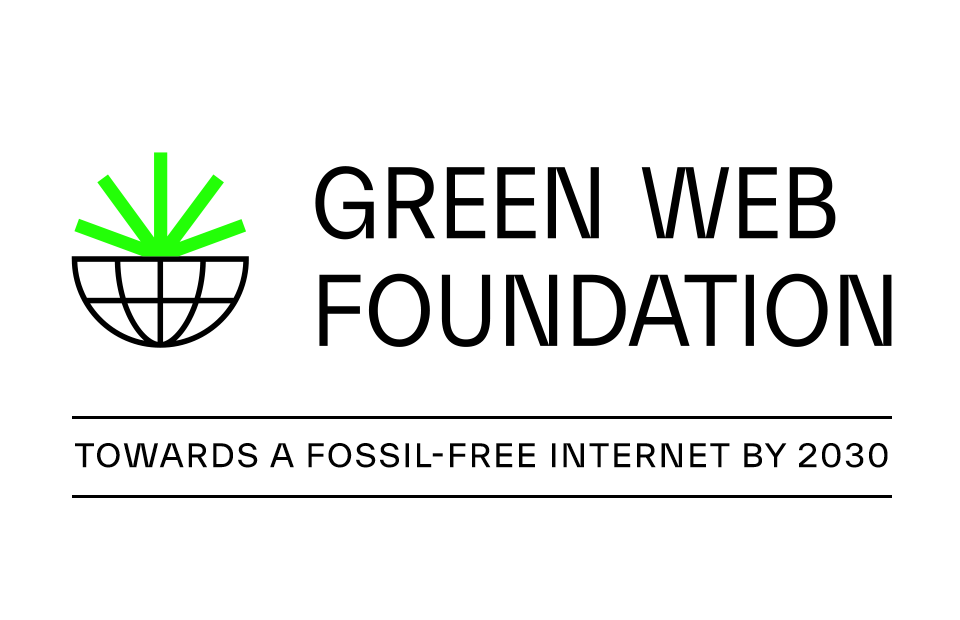We’re over the moon to share news with you about a new project made possible by a grant from the Internet Society Foundation. We’re starting our first funded Green Web Fellowship program, exploring the role climate justice plays in being a responsible technologist.
First, a little background
The Green Web Foundation has been working on tracking and accelerating the transition of the internet away from fossil fuels since the late 2000s. We have done this because while green energy might feel like a warm, feel-good thing, it’s important to remember that this good feeling comes from relief.
This relief often comes from knowing that we’re moving away from a deeply destructive default, to a more advanced humane way to power critical infrastructure our society relies on.
For us, moving away from fossil fuels is a justice issue – once you understand just how much structural violence and avoidable harm is caused by running so much digital infrastructure on fossil fuels, it’s difficult to see it any other way.
It’s about power as well as energy in tech
To understand why we still run so much of the internet on fossil fuels, we need to understand the political and economic systems we’re in, and when you look into this you very quickly realise that to speed up a transition, being able to talk about power is just as important as talking about energy.
So, over the next twelve months, we will be announcing our first cohort of 5 Green Web Fellows, working in the open to build a freely licensed syllabus to incorporate ideas of climate justice into the work of internet professionals.
There is no one way to learn about these topics, and there’s an incredible amount of prior work to learn from and build upon, so we’ll be collaborating with fellows across several disciplines as well as inviting communities and tech professionals to adapt the resources to their context.
We’ll be learning by doing as we work, and we’ll be using this research question to guide us:
How do we advance climate justice in the practice of Internet professionals in a plausible, desirable, accessible, and coherent way?
Let’s break these terms down.
Plausible, desirable, accessible, and coherent
We say plausible, because in conversations we’ve had with many organisations, while they say they agree with the ideals and goals of climate justice, it’s not obvious to them where to start, or even see how to fit this into their work.
We say desirable, because we think that just like there are demonstrable qualities you see exhibited by people in psychologically safe, inclusive and supportive teams, and we think the same applies for an awareness of climate justice, and we intend to articulate them.
We say accessible, because to be honest, climate as a concept can be incredibly daunting, and climate justice especially so. We intend to work on exercises, activities and content to make it easier to take your first steps into this field, and see how it relates to working online.
And finally, we say coherent, because the changes we need now are rapid, far reaching and unprecedented. We can’t only talk about having green servers without also talking about what they’re being used for — especially if we use them to accelerate climate denial, or help people drill for more fossil fuels. We’ll be exploring what levers there are to act on the dissonance we see when this happens.
Building climate as a key competency for technologists
If you want to build inclusive, accessible, thoughtful digital services, there are skills and competencies you can develop to do so, and we feel the same way about climate.
Everything we publish will be permissively licensed, and we are actively looking for digital teams to work with, as we build prototypes of the learning materials and activities, and refine them through use in the real world. If this sounds interesting to you, please do drop us a line.
How to follow along as we build a syllabus in the open
We’ll start introducing our five fellows at the end of this month and sharing what we learn in the open in weekly posts over the next twelve months. In the meantime, if you’re curious you might be interested in visiting our funding garden, to see our original application.
Finally, thank you again to the Internet Society Foundation for making this possible! We’re also looking forward to learning from the other grantees, and we encourage you to check out the foundation’s research program focusing on greening the internet, a trustworthy internet, the internet economy and decolonizing the internet.
To follow along, you can subscribe to our web feed with a feed reader, you can join our newsletter, or if you prefer, follow us on twitter at @greenwebfound.
Image Credit: Photograph by Dennis Schroeder – Nipton, CA – Contracted workers clean Heliostats at the Ivanpah Solar Project, owned by NRG Energy, Bright Source Energy, Bechtel and Google



